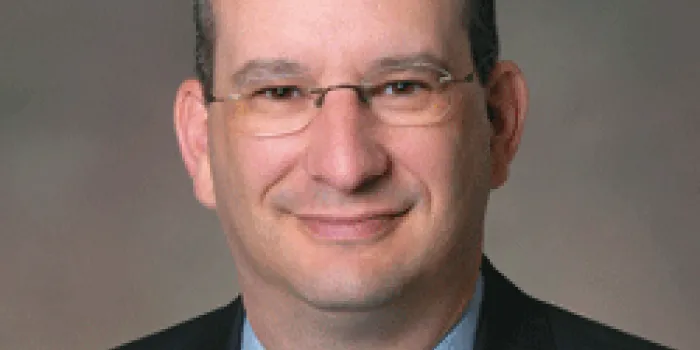Cryoprecipitate. Long-acting factor concentrates. Gene therapy trials. These are just a few of the incredible clinical advances from the past 50 years, thanks to collaboration between government funders, foundations, industry sponsors, researchers, clinicians, families and those affected by hemophilia and other bleeding disorders. Less visible research advances are also occurring. Who would have thought just a generation ago, that an active field of research would focus on the effects of aging on people with hemophilia? Yet many of our centers and consumers are involved in a federally funded project trying to determine if having hemophilia is protective against heart attacks. Amazing.
For those of us providing services to people affected by hemophilia and other bleeding and clotting disorders, we know this is an exciting time. But there are still obstacles, such as dwindling federal research support. Although researchers receive money from various government sources, federally funded research into bleeding disorders still does not receive sufficient priority based on the impact our conditions have on the federal budget. Further, basic science research, such as that funded by the National Hemophilia Foundation’s (NHF’s) Judith Graham Pool (JGP) Fellowship Award and the Career Development Award (CDA), drives innovation. (See “Banding Together,” page 20.) Without the support of foundations, such as NHF, some of our most exciting, clinically significant new products might never have moved from the drawing board to the lab and to the pharmacy.
To evaluate the success of a funding source, look no further than the impact of those who have received career funding from NHF. Seven current hemophilia treatment center (HTC) physicians have been awarded the JGP Fellowship Award. Another 17 awardees have contributed to gene therapy trials and 14 have contributed to novel factor therapies. The CDA has been equally successful in engaging researchers. Five current HTC physicians have received support, 12 have contributed to gene therapy trials and four have contributed to novel factor therapies. This collaboration has already had huge payoffs. And together, we can reach our common goal: the cure.
Michael Recht, MD, PhD, is director of the Hemophilia Center at Oregon Health & Science University/Doernbecher Children’s Hospital in Portland. He is regional director for the federally funded Mountain States Hemophilia Network.

